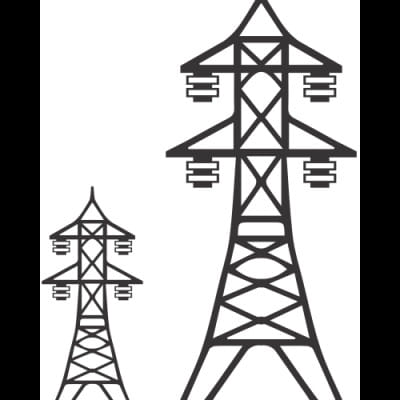No new in energy

Finance Minister AMA Muhith could not come up with any major new announcements regarding the country's energy infrastructure, perhaps because all of Bangladesh's large power and energy schemes initiated a few years ago were struggling with poor implementation.
For instance, the minister talked about importing liquefied natural gas (LNG) to deal with the gas crisis. The government move to import LNG was initiated in 2010 and has been marked as a “fast track project.” Till date, the government could not secure a contract to facilitate the import of LNG.
The minister also talked about large coal-fired power plants, especially as the government marked coal as the country's main energy source from 2015, shifting its focus from natural gas. This is a major policy shift, which has been brewing for the last several years, because the gas sector's growth is unable to keep up with demand growth.
But yesterday's budget speech was not the first time Muhith talked about these large coal power projects. He had talked about the 1,320MW coal plant in Rampal and the 1,200MW Japan-funded plant in Matarbari in his budget speeches last year and the year before.
Rampal project is still stuck in the tender document preparation desk, while the $4.5 billion Matarbari project secured Japanese funding earlier this year, a major breakthrough.
But soon after Matarbari got its funding, a new reality popped up. The project would be delayed by an additional 19 months because of land filling and development. Matarbari is close to Maheshkhali island and the piece of land would need a lot of development before a heavy power plant could be installed there.
And this land development issue had not yet been considered by the policymakers before they rolled out plans for other large coal power plants.
Thus the finance minister yesterday did not hesitate to mention four 1,200MW coal plants to be built in Maheshkhali with financing from China, Malaysia, South Korea and Singapore and another 1,200MW plant in Paira of Patuakhali.
The Daily Star gathered from its sources that building coal power projects in Maheshkhali so far remains a far cry. The land there requires to be filled up by eight to 10 metres at places and then more time would be required for the soil to properly compact before heavy machinery could be installed.
Such land filling may require up to two years, once the authorities decide on the matter and determine from where this soil would be supplied from -- sand of the Bay of Bengal or the government to send thousands of truckloads of soil from mainland.
Nobody knows since nobody thought of it yet.
However, the government earlier this year hired a consultant to make a master plan for the coal projects in the island, perhaps the consultant would come up with a solution.
The government has additionally signed contracts with private and public companies to build several other coal power plants totalling 1,411MW capacity in different places. Except for acquiring land and doing some paperwork, there had been no visible progress in constructing the plants.
Muhith also mentioned building 2,000MW nuclear power from 2022 in Rooppur and then increase the country's nuclear power capacity to 4,000MW by 2030.
The Daily Star gathered that the cost of the 2,000MW Rooppur plant would be at least $10 billion, three times the initial estimate of the government. The government has not yet struck the financial deal with Russia, which is now designing the plant. It is not known if the government would be able to afford such high cost project.
There were great elements of vision in the finance minister's speech regarding the country's energy future. He envisaged a diverse source of primary fuel so that the country's growth would not be affected if there was a shortage of one kind of fuel.
In that line, he talked about significant increase of renewable power so that it goes up to 2,000MW by 2020. To make it happen the government has created a Sustainable and Renewable Energy Development Authority.
But once again, Muhith repeated last year's commitment of taking up a 500MW solar power development programme, which has not seen much progress in the last one year.
In the same vein of diversifying country's energy, the government plans to import 6,500MW power from neighbouring countries -- Nepal, Bhutan, Myanmar and north-east India by 2030. This great plan is being updated every year.
Bangladesh has been importing 500MW power from India since 2013 and is currently in the process of importing another 600MW.
Muhith also mentioned oil and gas exploration in 26 blocks in the Bay of Bengal, as the maritime boundary dispute with India and Myanmar had been settled.
But these disputes were all settled last year.
He in his speech said the government continues the work for signing of production sharing contract and three-dimensional geological survey for exploration. The minister yesterday could have said when these blocks would be explored.
The paperwork for bidding has not yet been completed.
The finance minister mentioned that the government has made the decision in principle to stop giving domestic gas connections, which is a policy the government has been following by and large since 2010. He should have mentioned how the government plans to ensure domestic cooking gas more efficiently, not relying on expensive and cumbersome gas cylinders.
Home is peoples' ultimate place and instead of just saying that domestic gas supply should be stopped, the minister should first addressed how the home cooking gas supply problem could be better handled. People would not care about how the industries produce better with more gas if they cannot cook at home and have to pay more to buy food from restaurants.
The power and energy sector has been allocated Tk 18,540 crore.

 For all latest news, follow The Daily Star's Google News channel.
For all latest news, follow The Daily Star's Google News channel. 



Comments